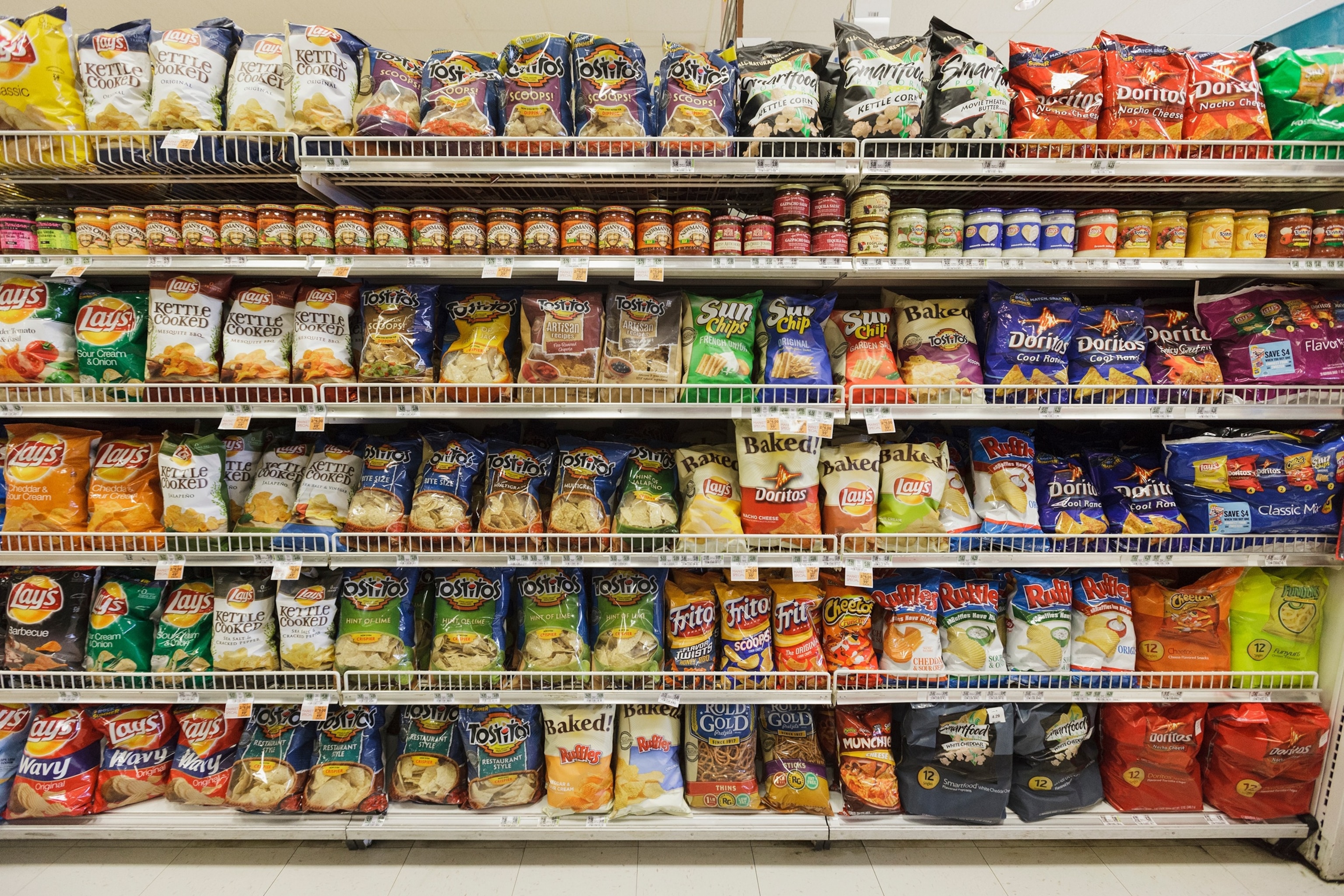What Are Ultra-Processed Foods and How Do They Affect Health?

Understanding Ultra-Processed Foods and Their Impact on Health
The term "ultra-processed foods" has become increasingly common in discussions about the health of American diets. These foods are now a significant part of daily consumption, with a recent report revealing that more than half of the calories consumed by U.S. children and adults come from ultra-processed foods. This trend has raised concerns among public health officials, who warn that these foods may contribute to a rise in chronic diseases.
Experts emphasize the importance of understanding what ultra-processed foods are and how they affect overall health. However, identifying them can be challenging due to the lack of a standardized definition in the United States. Most nutritionists and food policy experts rely on the NOVA classification system, developed by researchers at the University of São Paulo in Brazil in 2009. This system categorizes foods into four groups based on the level of processing.
Group one includes unprocessed or minimally processed foods such as fruits, vegetables, and whole grains. Group two consists of processed culinary ingredients like salt, sugar, and oil. Group three includes processed foods, such as canned fruits and vegetables or salted meats. Group four, which is the focus of this discussion, comprises ultra-processed foods. These are foods that have been significantly altered through industrial processes, often containing little to no whole foods. Examples include sugar-sweetened beverages, packaged snacks, instant soups, breakfast cereals, energy bars, mass-produced breads, ready-to-eat meals, ice cream, and pizza.
Identifying Ultra-Processed Foods
Public health experts suggest that the best way to identify ultra-processed foods is by reading the ingredients list and nutritional facts panel on food packaging. If the ingredients are not items commonly found in a home kitchen, it is likely an ultra-processed food. Jennifer Taylor, a registered dietitian nutritionist, explains that longer ingredient lists or those containing hard-to-understand terms can be a red flag.
In addition to checking the ingredients, looking at the nutrition facts panel is essential. Paying attention to added sugars, fat content, and calories can help consumers make healthier choices. However, Michele Polacsek, a professor of public health, notes that food labels do not always provide information about the industrial processes used to create ultra-processed foods. This lack of transparency makes it difficult for consumers to fully understand the impact of these products on their health.
The Health Risks of Ultra-Processed Foods
Research has shown that consuming ultra-processed foods is linked to weight gain and other health issues. A 2024 study led by researchers at Harvard T.H. Chan School of Public Health found that a high intake of ultra-processed foods may increase the risk of early death. Participants who consumed the most ultra-processed foods had a 4% higher risk of death from any cause and an 8% higher risk of death from neurodegenerative diseases.
Another 2024 study involving researchers from the U.S., France, Ireland, and Australia found a direct association between greater exposure to ultra-processed foods and a higher risk of deaths from cardiovascular disease. These findings highlight the need for increased awareness and education about the health risks associated with these foods.
Making Healthier Choices
To reduce the consumption of ultra-processed foods, experts recommend making as many meals at home as possible. On each trip to the grocery store, consumers can try replacing one ultra-processed item with a less processed alternative. This small step can lead to significant improvements in overall health over time.
Michele Polacsek also suggests that policymakers should create a standard definition for ultra-processed foods. This would allow manufacturers, supermarkets, schools, and other institutions to make informed decisions about what products to sell or buy. Establishing a clear definition could help promote healthier food choices and reduce the prevalence of ultra-processed foods in the American diet.
Post a Comment for "What Are Ultra-Processed Foods and How Do They Affect Health?"
Post a Comment